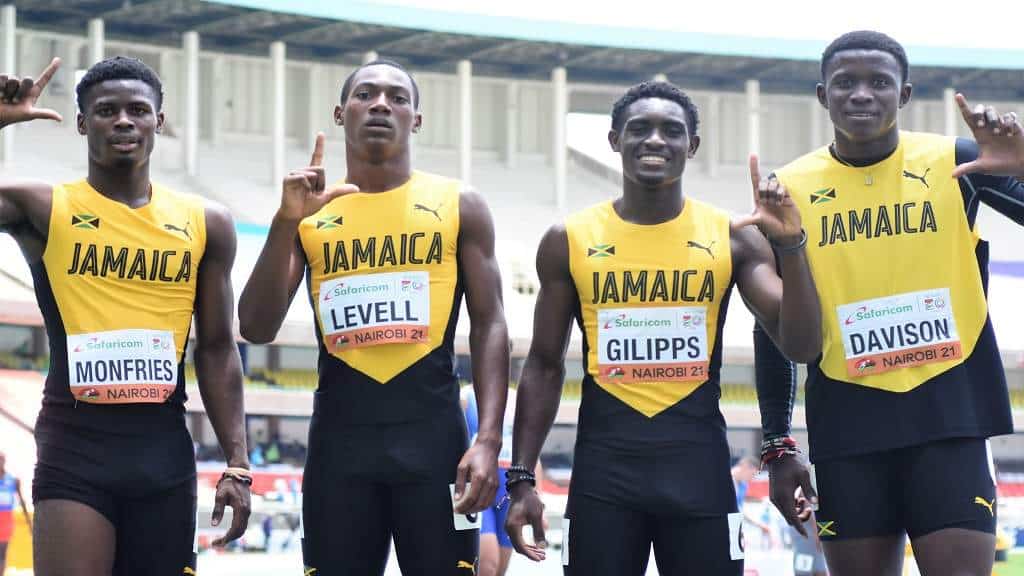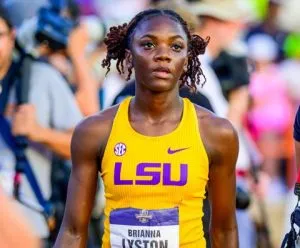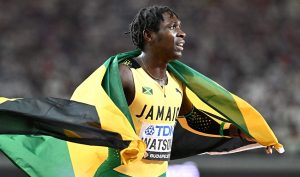Carifta Games
In 1972, Austin Sealy, then president of the Barbados Amateur Athletic Association, inaugurated the CARIFTA Games to mark the transition from the Caribbean Free Trade Association (CARIFTA) to the Caribbean Community (CARICOM). CARIFTA was intended to improve relations between the English-speaking Caribbean countries after the dissolution of the West Indies Federation, but the CARIFTA Games took that idea a step further, including the French and Dutch Antilles in an annual championship. youth athletics. .
The meeting normally lasts for three days during the Easter period and includes more than 150 separate events. The Games have two age categories for boys and girls: under-17 and under-20, the latter in line with the International Association of Athletics Federations (IAAF) guidelines for junior athletes. The meet is conducted entirely under IAAF rules.
According to IAAF President Lamine Diack, CARIFTA is “on a par with the World Championships”. The meet is considered one of the best developmental meets in world athletics. Having started on grass courts, with athletes housed in schools or other similar temporary shelters, the CARIFTA Games have come a long way. Coaches and scouts from colleges and universities across the United States head to the Games each year, in an attempt to identify promising athletes.
The Games have produced world record holders, Usain Bolt, Darrel Brown, world and Olympic champions such as Veronica Campbell-Brown of Jamaica, Kim Collins of St Kitts-Nevis and Pauline Davis-Thompson of the Bahamas, Alleyne Francique of Grenada, and Obadele Thompson. from Barbados. CARIFTA has spawned administrators like Dean Greenaway, president of the British Virgin Islands Athletic Association.
In the early years, a handful of territories (Barbados, Trinidad and Tobago, Bahamas, Martinique, Guadeloupe, Bermuda) had adequate facilities to host what is truly a world-class meet. However, since 2000, Grenada, Saint Kitts and Nevis and Saint Lucia have built new stadiums and hosted the CARIFTA Games. The Games were also held in Tobago and in Montego Bay, Jamaica, which became the fourteenth different venue in 2011.
The CARIFTA Games are normally sponsored by regional companies, including the National Gas Company of Trinidad & Tobago Ltd and Guardian Holdings. In 2009, telecommunications company LIME Caribbean came on board as a presenting sponsor, providing funding to the local organizing committee, direct assistance to national teams, and live coverage of the Games on television throughout the Caribbean, as well as via webcast. .
The Games are organized directly under the auspices of the World Athletics Confederation of North America, Central America and the Caribbean, better known as NACAC. Each country can enter two athletes per event and up to six athletes can enter for relay events (with two acting as alternates) and three athletes in combined events such as pentathlon or heptathlon.





